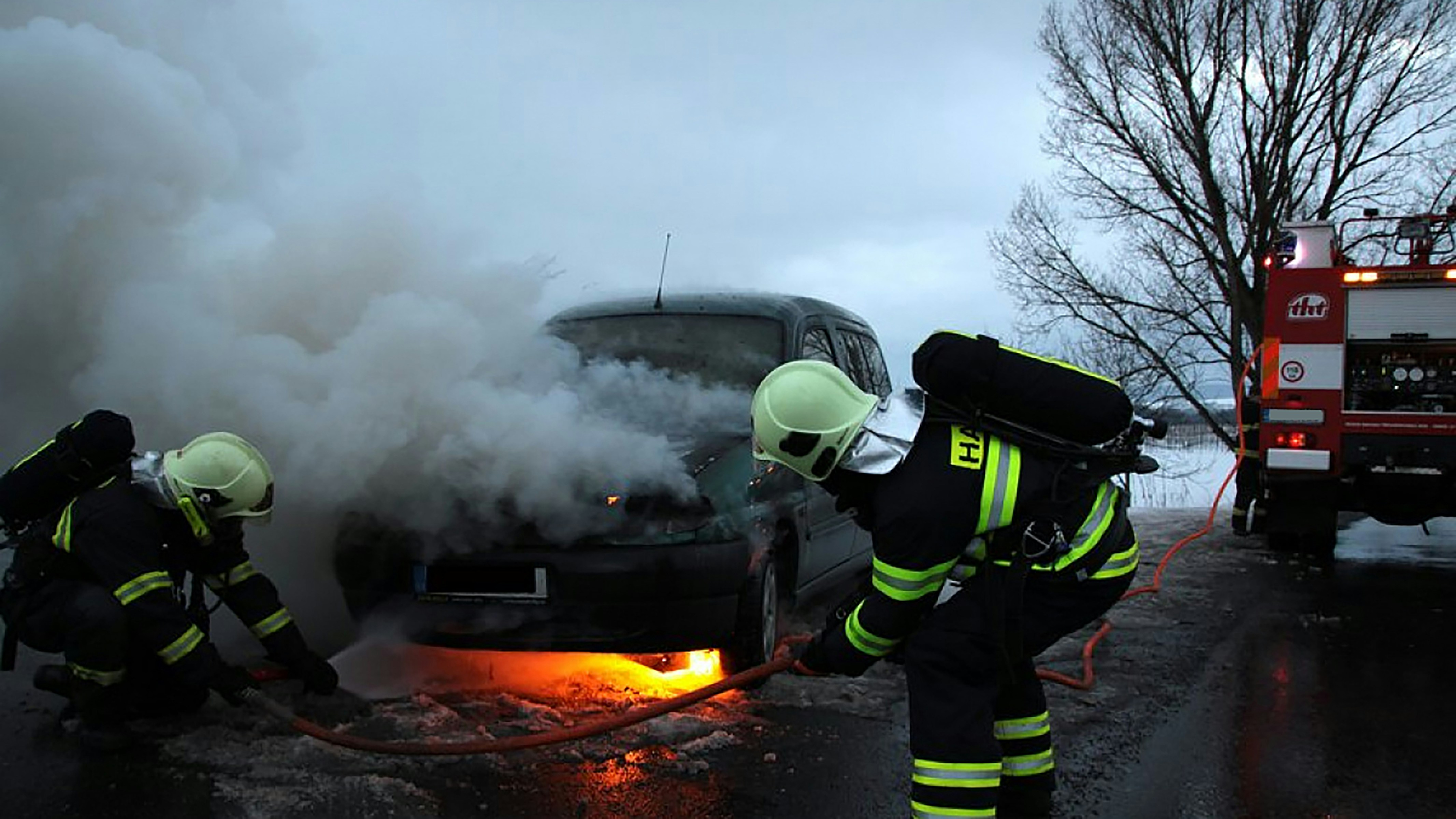Hopefully, you never experience a car crash. And hopefully, if you do, it’s not a serious car crash in which someone suffers bodily injury or even death. These are unspeakable tragedies, but they are also, unfortunately, too regular. According to a recent NSC report, 38,800 people died in auto collisions in 2019. Too many more experienced a bodily injury, which can be anything from whiplash to paralysis.
Car crashes are the reason that people carry car insurance if they’re going to be driving or have bought a new car. Accidents can happen to anyone, not just too negligent and DUI drivers and auto insurers are there to cover the driver if, or when, they cause any property damage or bodily injury to another driver or passenger. Insurance companies like Geico and Liberty Mutual know what they’re getting into when they offer drivers collision coverage—that’s why your auto insurance quote depends on your driving record in addition to your zip code. You should always be prepared for an accident and know what to do if you’re in an accident. Read on to learn about how to claim on your auto insurance.
Document the scene of the accident.

If you’re able to, you need to take pictures or videos of the scene of the accident. Obviously, if you’re incapacitated or have experienced bodily injury yourself you won’t be able to do this, but all auto insurers (like Geico, Allstate, or Liberty Mutual) will need proof of what happened.
Were you driving above the speed limit? Was the other driver over the legal limit for alcohol? These will all come through in the photos, and the insurance company will need to know the details in order to process your claim. Before you head out on the road, though, you should really be sure of what your car insurance policy even covers. Do you have collision coverage? What kind of deduction will you owe? Are you covered for property damage? Don’t wait until you’ve been in an accident to ask these questions—research your coverage options so that, if you find yourself in dire straits, you’ll know what you’re covered for ahead of time.
Exchange car insurance and contact information with the other driver.
Again, this will depend on the nature of the accident. If the other driver is in an ambulance or tending to an injured family member, it might not be the best time to get their contact information or find out about their insurance company. Still, you absolutely must be diligent about following up about this with the other driver or drivers involved. You want your car insurance to cover the cost, not to have it come out of your own pocket. In order for Geico or any other insurance company to cover the damages, they need to be able to contact the other driver’s car insurance company in order to get the process started.
Find out your legal options.

If you’re at fault, you may be legally liable for any bodily injury or physical damages incurred during the accident. Of course, the opposite is also true. In the best-case scenario, no one is injured. But sometimes, especially in the case of a DUI, the at-fault driver can end up going to jail for vehicular manslaughter. In the worst cases, you may even end up on death row.
If this is the case, or if you’re legally liable in any way, have a family member make a phone call to an attorney right away. You need to have financial protection in the form of auto insurance, but you also need someone to represent your best interests when it comes to state law. Don’t leave your fate in the hands of the guards at correctional facilities; make sure your family member communicates all of your personal information to your attorney. That means your physical address, the inmate’s name, your booking number, and anything else that can help your attorney and family members when they’re writing a letter to someone in jail. This is, of course, not an eventuality anyone wants to think about, but seeing as motor vehicle fatalities occur by the tens of thousands across the U.S., it’s something you need to know about if you’re getting in a car.
These are all the worst-case scenarios, and the likelihood is that you’ll never encounter any of them. That being said, it’s good to be prepared. The best thing you can do is stay informed and drive carefully. By knowing your rights, you’ll have the peace of mind that allows you to drive safely. That’s the most important thing of all.




